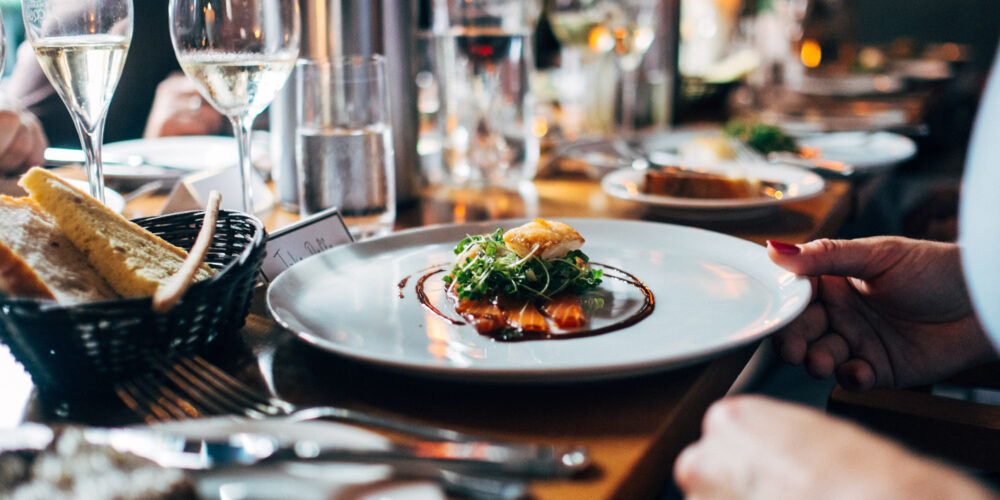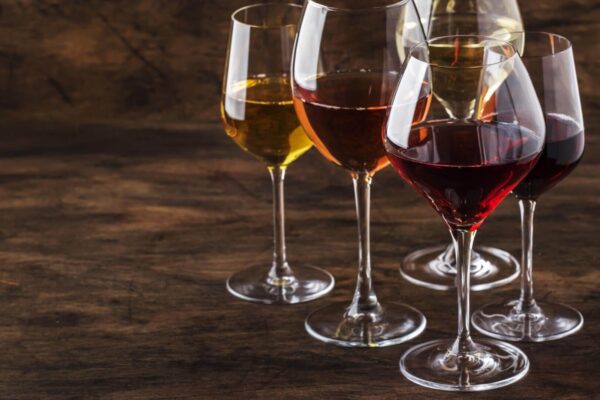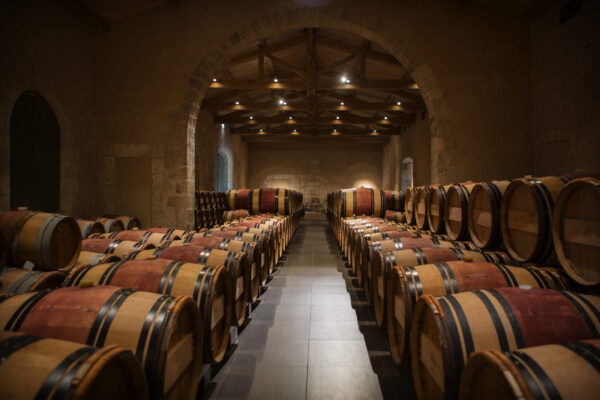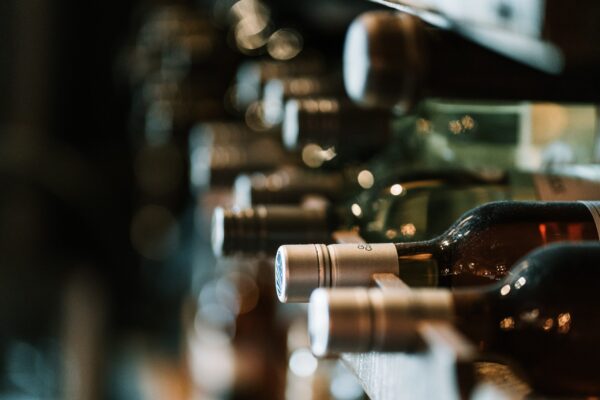The aim of associating food and wine is to enhance the products, dishes and wines, so that each brings out the best in the other. You know you have achieved a successful pairing when 1+1 makes 3. Here, French master sommelier Laurent Derhé offers a little revision on how to pair food and wine right throughout a meal. A table!
Pairing Starters with Wine
Starters often have vinaigrette on them which gives them a tangy taste, like in a goat’s cheese salad, for example. Here, you would pair the goat’s cheese with a fresh white wine. If you like tangy goat’s cheese like Crottin de Chavignol, this will go especially well with a Sancerre or other Sauvignon wine, whose natural acidity will counterbalance the tanginess of the dish.
Now let’s take a different starter, like the traditional French foie gras – a delicate wine will go well with the very creamy texture and complex aromas of this dish. Take care not to select too sweet a wine, which will have the same rich texture, nor too powerful a wine, which will clash with the fattiness of the foie gras and be too heavy.
Pairing White Meat and Wine
For delicate meats, like white meats such as poultry, rabbit, veal or even pork, an elegant wine is a good choice. For example, with roast poultry in jus, I would recommend a rather supple red wine – a Pinot Noir from Burgundy, like a Santenay or even a Mercurey. Or if you want to really treat yourself, a delicious Volnay.
For poached white meats in creamy or mushroom sauces, a rich full-bodied white wine would be the preferable choice. Why not try a white Burgundy or a Rhone Valley white from the superb Hermitage or Saint-Joseph appellations?
Pairing Red Meat and Wine
In general, we consider red meat as bloody meats. Consequently, we tend to pair them with red wines. The idea here is to use the tannins that structure the wine to counterbalance the bloody character of the meat. The intensity of these wines allows us to achieve a harmonious balance.
With a strong flavoured meat, like stewed game, the idea is to serve a much more powerful wine. Pair this type of dish with a Châteauneuf-du-Pape, a Gigondas, Vacqueyras, or even a full-bodied Mediterranean wine. Red Bordeaux would also work very well for this type of pairing, thanks to the well-marked tannins and great structure that you typically find in Cabernet and Merlot wines.
On the contrary, a seared sirloin steak with a shallot jus, for example, would be better paired with a less powerful red, such as a Gamay from Beaujolais or a Rhone Valley wine like Crozes Hermitage.
In conclusion, strong flavoured meats or dishes generally require a characterful wine, so it’s actually quite straightforward and logical!
Pairing Fish and Wine
All seafood needs a wine with acidity and vivacity. It is for this same reason that we enhance oysters by adding lemon juice or a few drops of vinegar. We thus often see grilled fish paired with a lively dry wine like a Muscadet, a white Bordeaux or even a Chardonnay wine.
For fish in sauce or more noble fish like turbot or John Dory, you should aim for a noble, creamy textured wine. A very nice Loire Valley Chenin from the Vouvray or Montlouis appellations would be a fine choice. You could also opt for a Grand Cru from Burgundy or a Chardonnay from an exceptional terroir like Chassagne-Montrachet or Meursault.
Pairing Desserts with Wine
A dessert is the conclusion to a meal and thus the icing on the cake, so you don’t want to make a mess of this pairing, which can in fact be one of the trickiest. At the end of a meal, you don’t want a wine that is overly powerful, or overly sweet as it could be sickly. It is therefore better to opt for a rather smooth wine that will leave a fresh and pleasant impression on the palate at the end of the meal.
Mastering all of these pairings and knowing which wine to serve with which dish requires a little practice and habit. A last tip from Laurent Derhé is to serve your finest bottles in the middle of the meal and match them with the main dish as best as possible. So, get practising!
To learn more
Find all the tips from French master sommelier Laurent Derhé on our podcast channel “5 minutes pour apprendre le vin” (Five-minute wine lessons).



